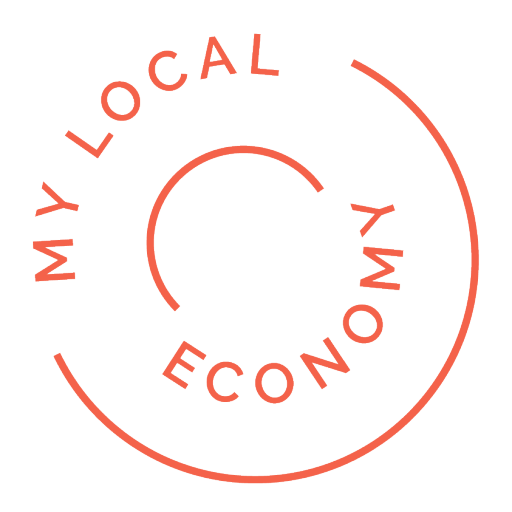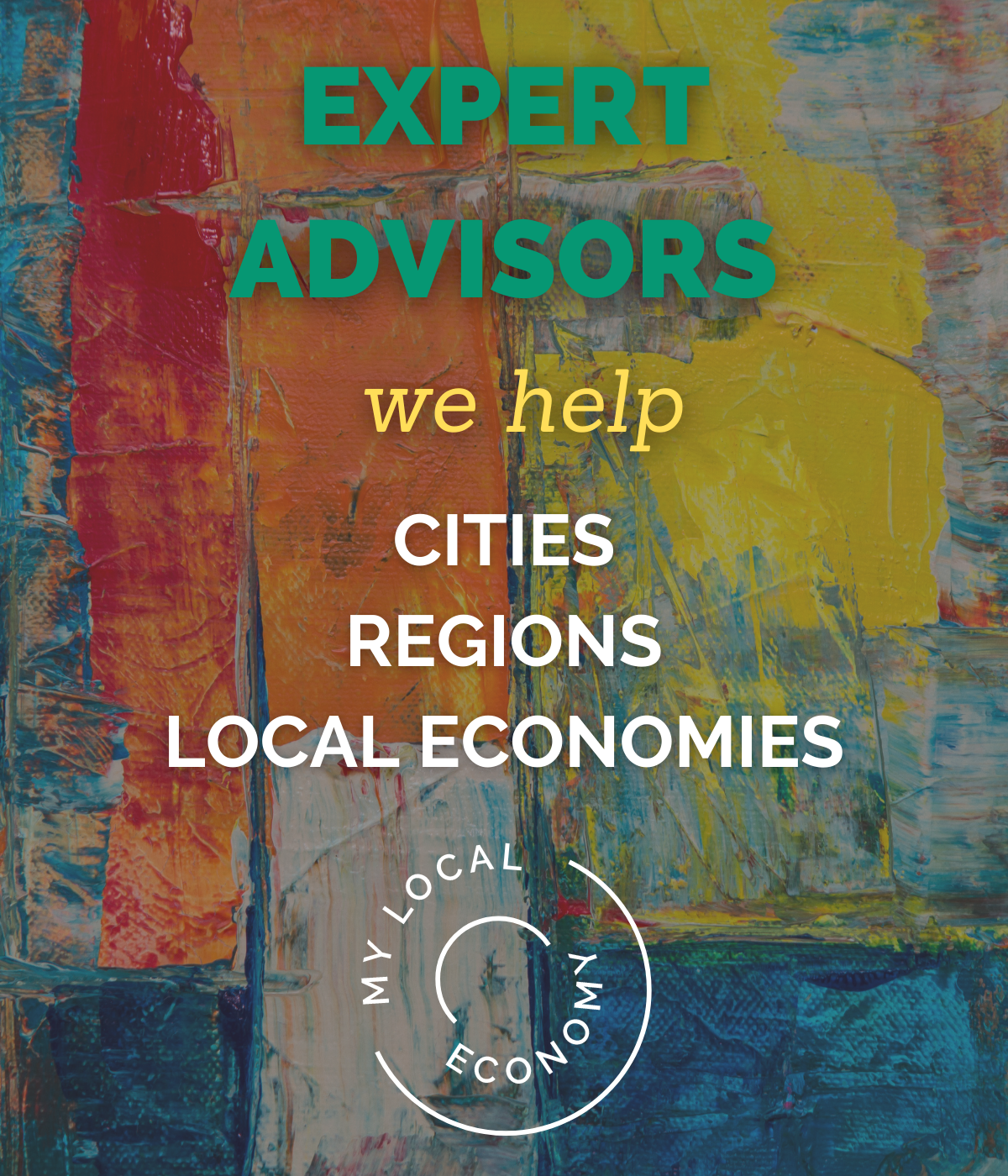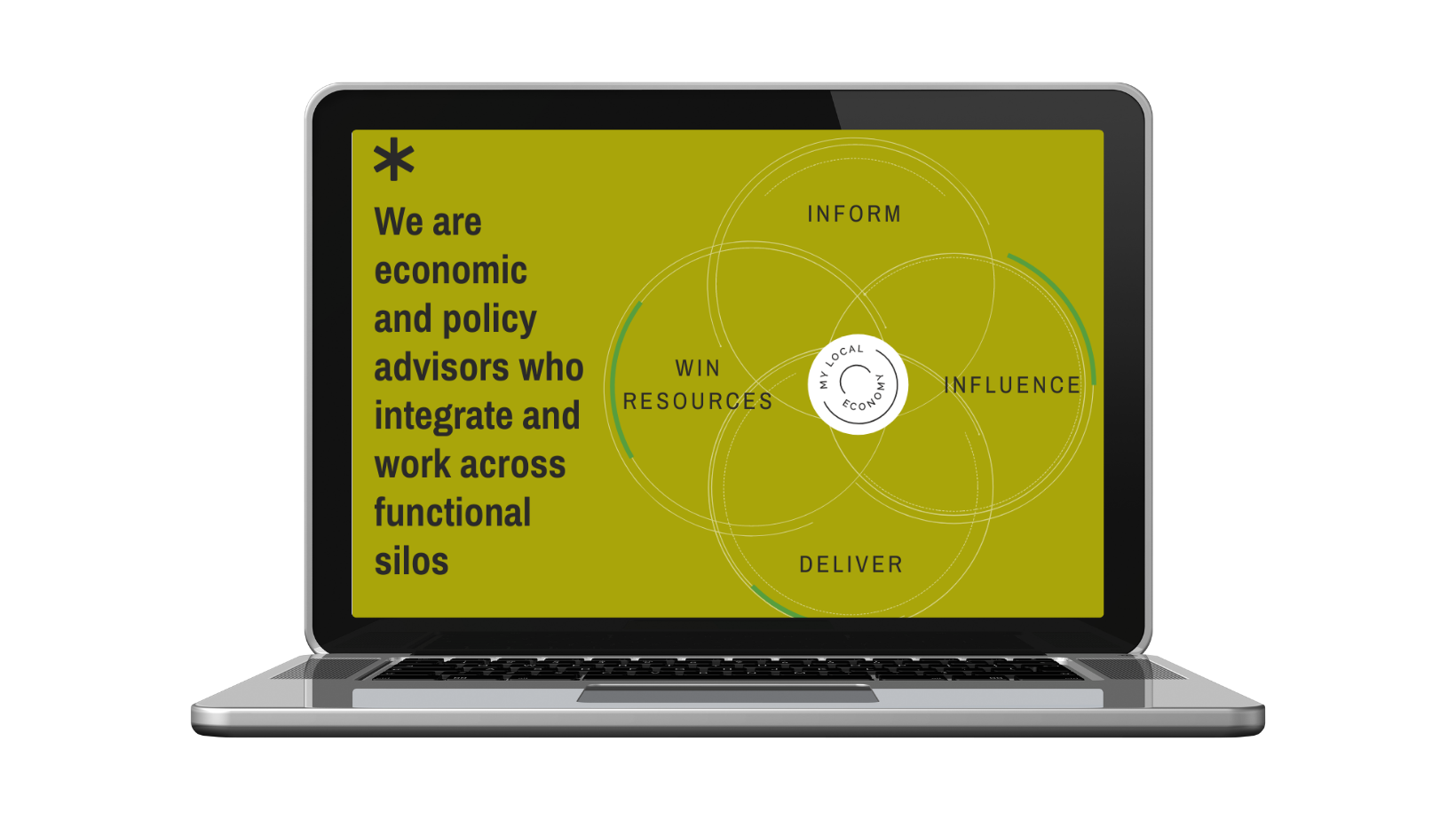
Cambridge is great – I live here and love it. It is massively successful as a tech based economy – but it is small. This scale has meant that infrastructural investment has not kept pace with past growth, or future potential. Cambridge science and tech does not power the rest of the UK economy. There are links to UK industry – but perhaps not as significant as they should be. There’s a potential future risk that Cambridge’s disconnect (in some industries, not all) from processing and manufacture may prove to be a long term disadvantage (thinking about somewhere like Cambridge in the middle of a large metropolitan area with significant manufacturing presence). Last month I made a presentation to a bunch of MBA students from New York about the ‘cambridge phenomenon’ or ‘cambridge cluster’ as you would call it. I take an objective view, as an economic development and policy professional. I’ve provided a brief overview of my main thoughts below. You can access my presentation slides here.
+ (on the positive side)
- There’s no doubt that Cambridge (UK) is a world leader in science and engineering research, technology and entrepreneurship – with its 90 nobel prize winners; 1,500+ tech based firms, 14x $1bn companies and 2x $10 bn firms.
- Cambridge is a leader in industries such as IT, software and networking; inkjet printing; and life sciences
- Cambridge University is consistently ranked the best university in the world. Genuine world class research going on in the University and research institutes. There are some impressive spin-outs – take the Computer Laboratory for example – some of the greatest names over the past 40 years in the UK IT industry have spun out from staff and students.
- There’s such potential from disruptive or crossover innovation – e.g. GPS/RFID sensors and their application to industry – Ubisense helping with tracking the manufacturing process and tooling for automotive firms
- Its not all technology – there are a hell of a lot of businesses and entrepreneurs in Cambridge, including a thriving Venture Capital fund and angel investors; and lots of networking organisations; principal among them is the Cambridge Network – one of the few private sector led entrepreneurial networks in the UK. There are also a bunch of innovation/tech ‘intermediary’ firms who bridge the world of ideas and early start up with full scale commercialisation and growth, such as TTP Group.
- There are some impressive science and technology parks – Cambridge Science Park; Melbourne; Vision Park; the Biotech Innovation Campus; Peterhouse Technology Park; Hinxton Genome Campus; Royston Estate; and the sites at Granta Park. World famous incubators include the St. John’s Innovation Centre; Babraham Bio-Incubator and Ideaspace, with its mission to seed new pop up incubators throughout the city and surrounds.
What’s different about Cambridge?
This is where it gets interesting:
- Its happened on its own, with the huge initial ideas and investments from the University. There has been no UK government programme to create the Cambridge Cluster.
- It got there first – the first UK Science Park established in Cambridge in 1970. The first major IT and life sciences technology and industry in the UK
- Right place and right time – for emerging industries such as semiconductors
- The University is almost self-funding. The colleges have significant independence and ability to be innovative, and risk taking as well as owning a lot of land in and around Cambridge to build things like science parks on. And the freedom applies to people – they have been allowed to explore, research, innovate and develop – and have commercial interests
- Having no industrial legacy helped – built an economy based on new ideas and greenfield investments
- Success based upon ‘can do’ entrepreneurialism. I’ve lived in several different places in the UK and Cambridge is the nearest to entrepreneurial nirvana that I’ve experienced. Enterprise happens, there are enterprising people, they help each other.
– (on the negative side)
- Cambridge is small (Urban area has 200,000 residents), even if taken as the Greater Cambridge area of 1m or so people. Comparing to the likes of Silicon Valley (7.15 million); Route 128 (4.5m); “The Triangle” (2.7m) – Cambridge remains small with few of the advantages of metropolitan areas.
- Cambridge has no single, coordinated economic leadership. For example, there is no one single point of contact or marketing for the city/cluster as a business location. Who knows how inward investors fare. We must be seriously underselling ourselves in the outside world.
- The infrastructure and housing provision in Greater Cambridge is significantly under strain. Transport capacity has not kept pace with economic growth. Not being a metro area with high urban densities means that the benefits per £ of transport investments do not match large city regions. Hopefully the proposed £1 billion investment from the city deal could be a game- changer in this regard.
- Narrow role in industry supply chains – ideas/innovation and technology – they are high value added activities but there is no manufacturing located here (which would be a major revenue earner or employer)
- Limited role in UK supply chains – there is little link-up or relationship with other industrial or corporate locations – e.g. West London/Thames Valley/Heathrow is a major centre for ICT corporates (Microsoft, Cisco, Dell, Oracle, Samsung)
What can we do to overcome some of the challenges?
Spatial collaboration. If Cambridge is considered within the M11 Corridor or London-Stansted-Cambridge Corridor then the region has 10.5 million residents and even more fantastic assets and firms.
Some of the weaknesses are strengths. The lack of industrial scale – means that the economy can be nimble and can push the boundaries of science and technology. The Cambridge Cluster is not tethered to the fortunes of the UK economy – which means it can be agile and tap into global demand and growth. This attracts people and reinforces the existing cluster. The University is still a major success to drive future growth.



